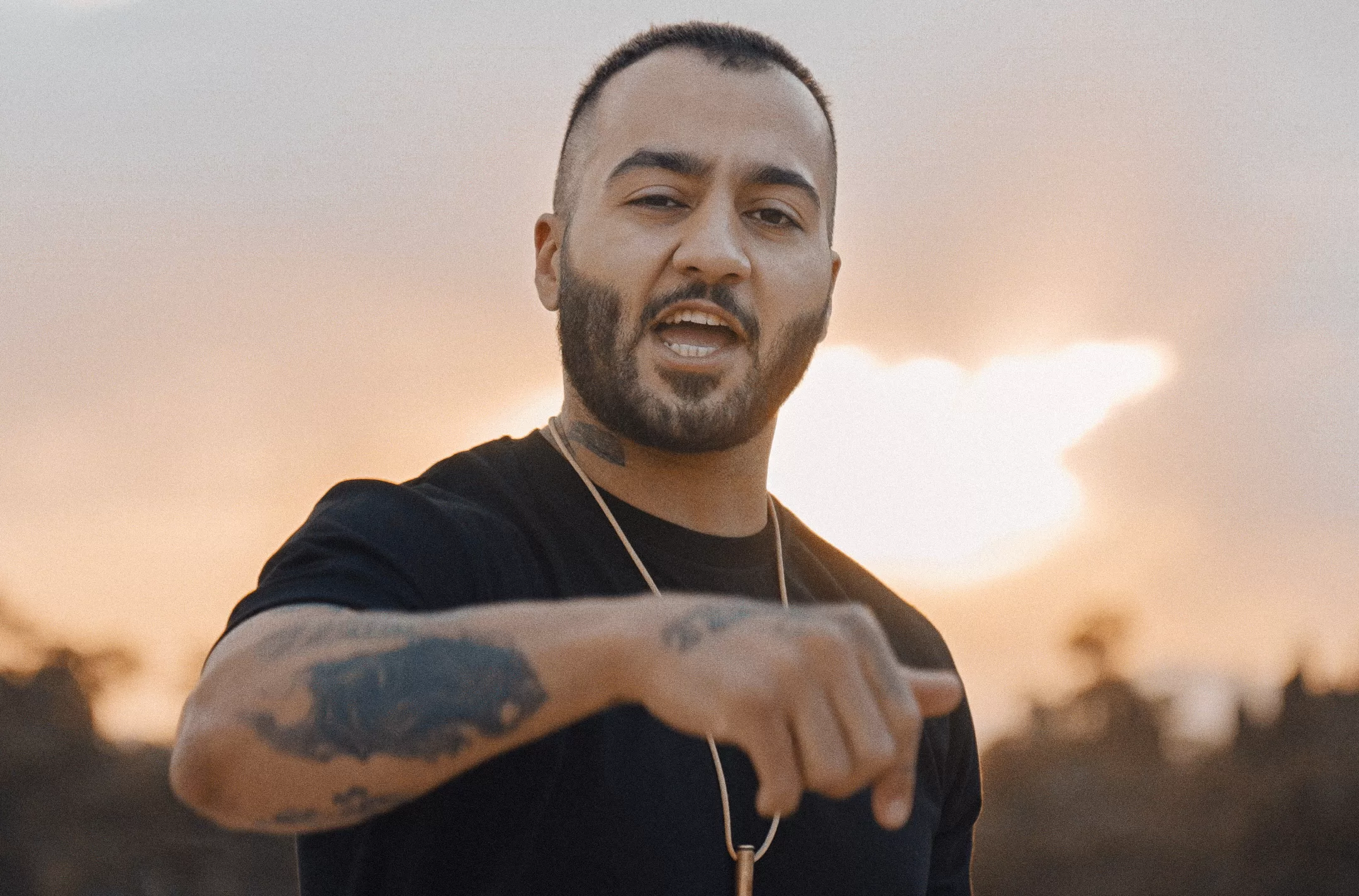NEWS
A year in freedom of expression
Our CEO Ruth Anderson reflects on the events of the past 12 months, yet another year of challenges to human rights around the world
16 Dec 22
Afghanistan | Armenia | Azerbaijan | Belarus | China | Iran | Nigeria | Opinion | Qatar | Ruth's blog | Somalia | South Sudan | Sri Lanka | Sudan | Ukraine

Photo: Thomas Willmott/Unsplash
[vc_row][vc_column][vc_single_image image="120168" img_size="full" add_caption="yes"][vc_column_text]As we all start to think about the forthcoming holidays and the end of the year it’s a good opportunity to reflect on what happened in 2022.
For regular readers you’ll know I have at various points over the last year despaired at the sheer volume of news. Too many crises, too many heartbreaking stories, too many people and families destroyed by the actions of tyrants.
There has been so much news it is easy to forget the range of issues that have impacted human rights and freedom of expression around the world. So it would be remiss of me, in my last blog of the year, not to remind you of some the key events of 2022 (forgive me, there are many missing).
The year started with Abdalla Hamdok resigning as the Prime Minister of Sudan after three years of pro-democracy protests, where dozens were killed. A few days later, a week of government clampdown in Kazakhstan led to the deaths of over 220 people with over 9,000 people arrested.
In February we thought the biggest issue for Index would be the attempted sportswashing of the CCP as they hosted the Winter Olympics. Unfortunately that was not to be the most devastating act by a totalitarian regime in 2022. By the end of the month Putin’s government had launched an illegal invasion into Ukraine, causing the largest refugee crisis in Europe since the end of World War Two. Nearly 7,000 civilians have been killed during the war and over 13,000 Ukrainian troops and over 10,000 Russian troops have made the ultimate sacrifice. In response to the war, media freedoms and freedom of expression have been completely curtailed in both Russia and Belarus with thousands detained.
Events in Ukraine rightly continued to dominate the news agenda for the rest of the year. But this in turn provided cover for dictators and tyrants around the world to move against their people with limited global outcry.
March brought more extremism and death. In Afghanistan an IS suicide bomber killed 63 people at a mosque. April was dominated by events in Ukraine and the impact on food and fuel inflation leading to sporadic protests around the world.
In June a suspected IS attack on a church in Nigeria saw at least 40 people killed. In July anti-government protests in Sri Lanka led to the deaths of 10 protesters, with over 600 arrested.
In August our friend Sir Salman Rushdie was attacked by an extremist. We are incredibly grateful that he survived and remain in contact with him as his long recovery continues.
In September the United Nations published their report about the CCP’s treatment of the Uyghur community in Xinjiang province - declaring that their treatment may constitute crimes against humanity. September also saw clashes on the Armenia-Azerbaijan border resulting in nearly 300 deaths in a three-day period. This was followed within days by similar clashes on the Kyrgyzstan - Tajikistan border with dozens killed.
On 16 September Masha Amini was murdered by state forces in Iran for not having her hair covered appropriately. This horrendous act of state terror has led to country wide protests, at least 448 people have been killed in the protests and over 18,000 people have been arrested across 134 cities and towns in Iran. These demonstrations continue today as the Iranian government begins executing protestors. These events are truly some of the most egregious of 2022 and we stand with Amini and all those protesting in her name.
In October Xi Jinping was appointed for an unprecedented third term as general secretary of the CCP, consolidating his grip on power. And a couple of weeks later Elon Musk purchased Twitter for $44billion, we still don’t know what the final effect on global free speech will be…
At the end of October a terror attack in Mogadishu killed over 100 people.
November saw the start of one of the most determined efforts at sportswashing of an appalling human rights record with the beginning of the football World Cup in Qatar. Protests were banned and football players were forbidden from wearing LGBT+ symbols while playing.
And that gets me to December - in the last fortnight we have seen 1,700 people flee violence in South Sudan which has already killed 166 people. Chinese diplomats have left the UK after a protester was beaten by Chinese staff at a consulate in Manchester earlier this year. Twitter has banned journalists who have criticised Elon Musk and Jimmy Lai was sentenced to five years in jail in Hong Kong, as he awaits his trial for being a democracy campaigner.
And yet there is still a fortnight to go before we close the door on 2022 - I pray that it’s a quiet fortnight for those on the front line.
As we approach the end of 2022 my prayers will be with the people of Ukraine as they remain on the front line in the fight for freedom - especially as the temperature plummets. But the women of Iran won’t be too far from my thoughts too.
So to you and yours from the Index family, Happy Christmas, Chag Sameach and Happy Holidays and here’s to a better 2023![/vc_column_text][/vc_column][/vc_row][vc_row][vc_column][three_column_post title="You may also wish to read" category_id="41669"][/vc_column][/vc_row]
By Ruth Anderson
CEO at Index On Censorship
READ MORE
-

Power to the people?
Our fundamental right to protest is being eroded in the UK and USA
-

UN working group on arbitrary detention declares that Iranian rapper Toomaj Salehi’s detention violated international law
A joint statement by the International Counsel Team at Doughty Street Chambers, Index on Censorship and Human Rights Foundation
-

Iran’s silenced musicians
As the list of those persecuted in the country grows, it is obvious that Iran’s leadership is systemically opposed to musical free expression
-

Trump, Zelenskyy and the war on truth
Donald Trump's assertions about the Ukrainian president convey an alarming normalisation of false realities and an affront to accuracy

